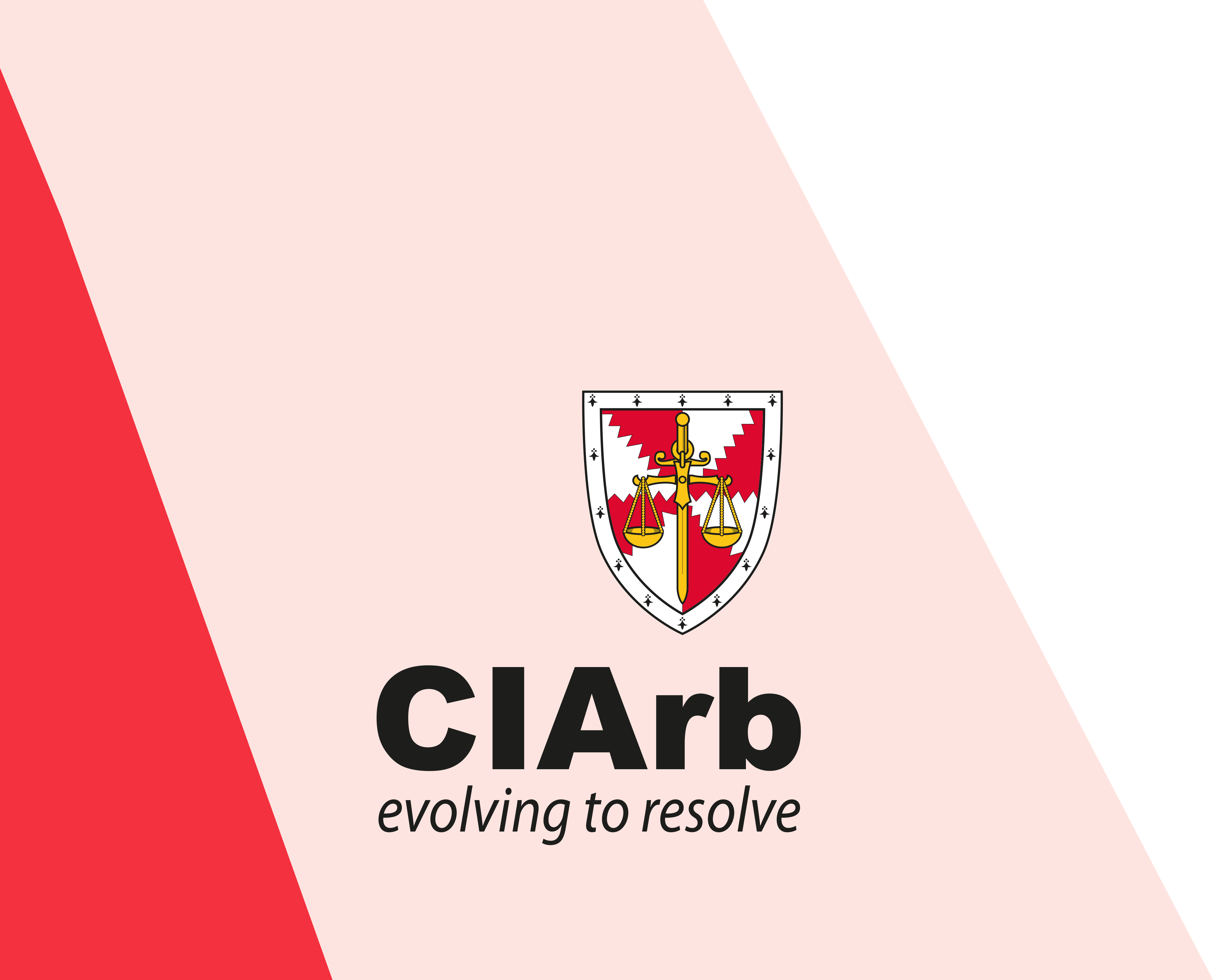By Order No/NERC/197/2020, dated February 20, 2020 ( the ‘Order’), the Nigerian Electricity Regulatory Commission (NERC) repealed the NERC (Methodology for Estimated Billing) Regulations 2012 (the ‘2012 Regulation’), and made an order capping estimated bill to unmetered customers by Discos in the Nigerian Electricity Supply Industry (NESI). The Order is billed to take effect from February 20, 2020.
The main objective of the Order is to protect unmetered R2 (Residential-single and 3-phase meters, who consume more than 50kWh per month) and C1(Commercial-single and 3-phase meters, small businesses) customers from arbitrary billing and expedite their metering process.
The Order, among other things, states as follows:
1. Discos are to ensure all tariff class A1 customers (customers using grid-connected premises for agriculture, schools, water boards, religious houses, government and teaching hospitals, etc, that require single or 3 phase meters) are properly identified and metered by April 30, 2020;
2. All unmetered R2 and C1 customers shall NOT be invoiced for consumption of energy beyond the price capped in schedule 1 of the Order, (by illustration, NGN1, 872.00 for R2, where consumption is capped at 78kWhr per month at a tariff of NGN24/kWh);
3. All Residential customers who consume not more than 50kWhr (R1 Customers) per month shall be billed NGN4/kWh at a total maximum of NGN200 per month;
4. All other customers on higher tariffs shall be metered by April 30, 2020 otherwise they shall remain connected to supply but without further payment to the Discos until a meter is installed.
It was also directed in the Order any customer whose current estimated bill is below the capped price shall remain so without upward review until the installation of a meter; and any customer who rejects the installation of a meter MUST BE DISCONNECTED by the Disco.
The purport of the Order as stated in its objective and as succinctly captured above is quite apposite in the pursuit of customer satisfaction, however, there is need to point out that the energy cap on estimated bills for R2 and C1 customers is on a case by case basis and not a uniform base tariff of NGN1,800 popularly held.
Schedule 1 of the Order makes clear provisions for Area/Business unit-specific billings per kWh for R1 and C1 customers. For example, in Abuja, whereas Kubwa is billed 114kWh for R2 and 120kWh for C1, Maitama is billed 432kWh for R2 and 548kWh for C1. In Lagos, whereas Apapa is billed 376kWh for R2T and 300kWh for C1S, Island is billed 774kWh for R2T and 648kWh for C1T. Whereas, Jigawa North is billed 61kWh for R2A and 60kWh for C1A, Kano Central is billed 83kWh for R2A and 86kWh for C1A. For more enquiry you can contact us at: info@punuka.com
This notice is issued as part of our public service and awareness agenda. To read more, please click here.













